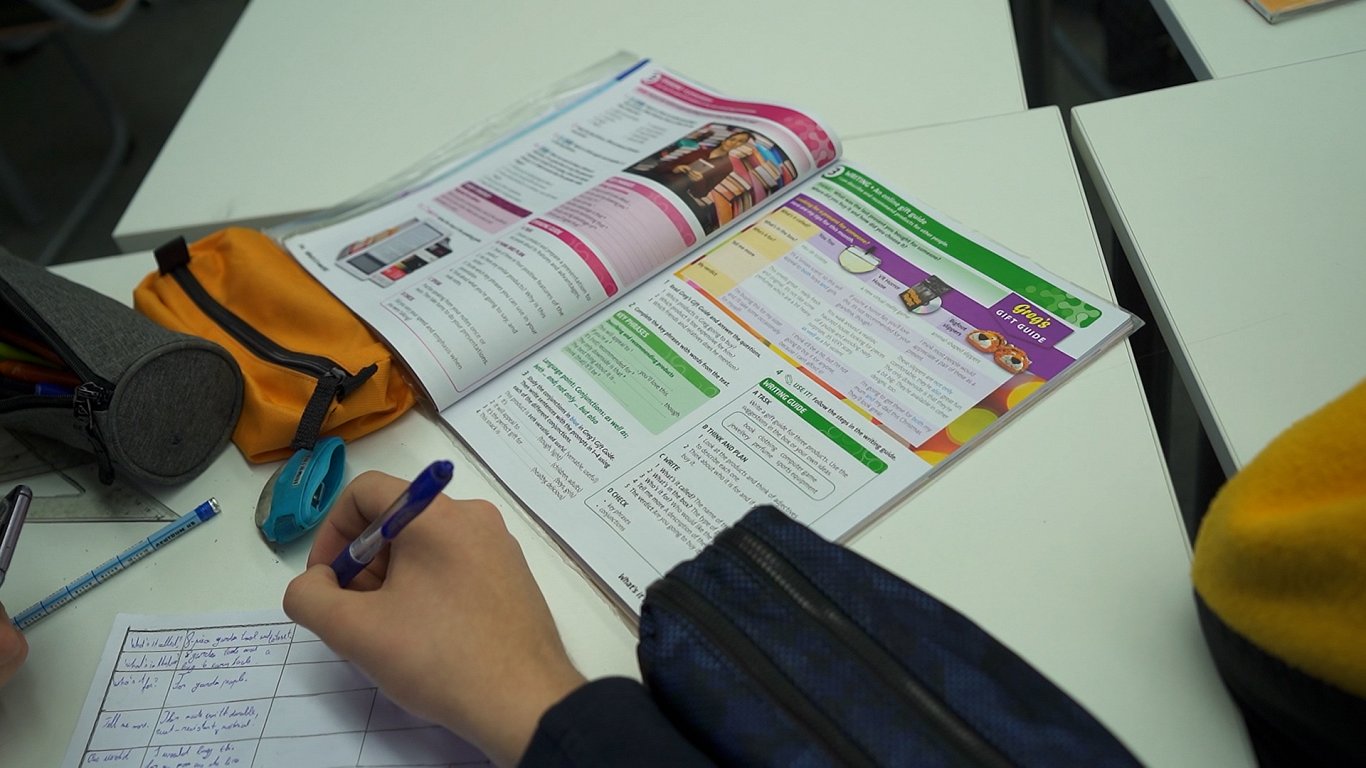Involve embassies, pay scholarships
“The number of teachers that are needed is 350-400, and I see that we can achieve this in three years with very different tools,” the Minister said.
Čakša said that in the last year, out of 668 schools, in 320 the second foreign language was Russian. “It's a big enough number,” she said. The English language, which is the first foreign language in Latvian schools, is taught by 2659 teachers, the Russian language by 1183, German - 562, French - 88, Spanish-26, and the other languages are taught by an even smaller number of teachers.
“The challenge is to achieve that the second foreign language within three years is one of the languages of the European Union or the European Economic Area, which could also be Norwegian,” the minister added.
In order to achieve this goal, cooperation with foreign embassies is envisaged and the main partners will be the German and French embassies.
“The German embassy will also provide financial support by training 30 teachers per year through the Goethe Institute, so 90 educators in three years,” Čakša said.
In addition, some teachers will be re-qualified, part of which will complement their qualifications by paying targeted scholarships of €300.
The number needed is also expected to be reached through the “Mācītspēks” teacher training project, where 33 of the 90 new teachers have chosen the language teacher profession, said the Minister.
The minister also raised hopes that the students of philology will also learn the teacher course in addition. Such an opportunity has existed so far, but now the motivation could be both a scholarship and more opportunities in the labor market after the end of studies.
Other proposals also come up. For example, the deputy head of the Saeima Education, Culture and Science Commission, Česlavs Batņa, called for the creation of a teacher mobility program.
"If there are one or two French teachers in the region, but within a radius of 50 kilometers there are schools where this teacher is needed, it is necessary to provide a car or electric vehicle for them to travel around these schools, and there must be a salary that is in the city school. The educator will go to neighborhood schools. It's not a problem," said Batņa.
If there were full-time jobs and competitive pay, teachers who had previously abandoned their jobs at school could also return to the system, said the Member.
He also urged the country to financially support universities to implement international programs.
Meanwhile, Riga Vice Mayor Edvards Ratnieks (National Alliance) has submitted a proposal to the Ministry and the responsible Saeima commission to evaluate the possibility of allowing foreign educators from EU countries to present a second foreign language in schools, waiving the mandatory requirement of the Latvian language proficiency check. “It's an approach around the world and it's necessary to leave the Russian-speaking environment,” he pointed out.
Batņa also called for local governments to be involved, perhaps in Valka, many children could benefit from learning Estonian.
“You have to look strategically at the map of Latvia what we can do. Latgale is likely to choose Polish or Lithuanian. It's cool that we can do anything, but if it was defined that it would be five languages, it would be easier,” said Batņa.





























